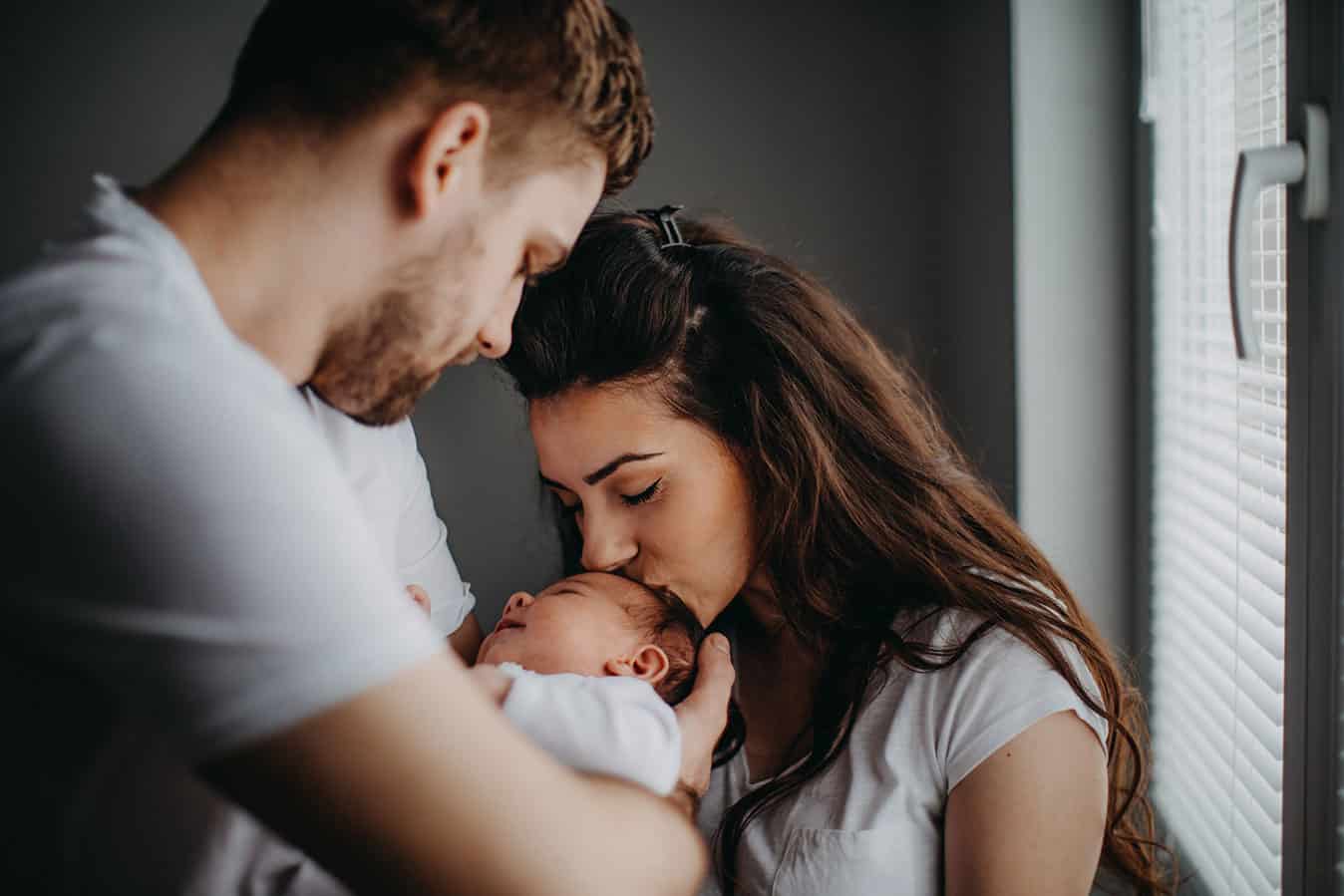Paid parental leave will be extended to 26 weeks by 2026 under a federal government plan to give families greater choice, security and support.
The current scheme gives eligible parents access to 18 weeks of paid parental leave, and two weeks of “Dad and Partner Pay” to care for a newborn.
The phased six-week boost, beginning from 1 July next year in two-week increments until it reaches the full six months in 2026, encourages fathers to take up a greater role in early parenting, with “use it or lose it” weeks aiming to facilitate more dads and partners to access PPL. Single parents will be eligible to take the full six months of paid leave, which will continue to be paid at the national minimum wage.
Making the announcement on Saturday, Prime Minister Anthony Albanese said the reform would provide significant benefit to families by modernising the system to improve flexibility.
“We know that investing in parental leave benefits our economy. It is good for productivity and participation, it’s good for families and it’s good for our country as a whole,” Mr Albanese said.
“More generous and more flexible paid parental leave rewards aspiration and provides every parent of a new baby with greater choice and better support.”
According to the Government, increasing PPL was one of the most frequent proposals raised by participants at the Jobs and Skills Summit in September, which was attended by many of the nation’s leaders, including ANMF Federal Secretary Annie Butler.
Australian Council of Trade Unions (ACTU) President Michele O’Neil welcomed the Government’s commitment to extend paid parental leave to 26 weeks, saying the new scheme would make the scheme more easily shared between parents.
Ms O’Neil said Australia currently had the second-worst paid parental leave scheme in the developed world, and poor levels of shared parenting, which leaves many women with an unfair caring burden and diminished earnings.
“Paid parental leave should be flexible and available to all parents, and this new scheme is a big improvement in this regard,” she said.
“Unions have campaigned for decades to improve the length of paid parental leave and the level of payments. Many union-negotiated agreements now have more weeks, higher pay levels and flexible arrangements. Increasing the minimum entitlements under the government scheme is such an important win.”
Despite the boost, Ms O’Neil said the ACTU would continue to campaign to lift the payment of paid parental leave to a full replacement wage including superannuation, as it remains crucial to closing the gender pay and super gaps.
Greens Deputy Leader Larissa Waters echoed the sentiment, arguing that without super, or an increase to the amount of PPL, women were still losing out. She suggested scrapping Stage 3 tax cuts would help fund fairer paid parental leave.
“Australia has one of the weakest parental leave schemes globally; yes it should be paid for longer, but without super, or an increase to the amount paid, women are still losing out,” Senator Waters said.
“And phasing this in over four years is an insult when women have waited for over a decade for decent paid parental leave. Women deserve fair PPL, and immediately – it improves their economic security, reduces the gender pay gap, increases the likelihood of mothers returning to work.”
Parent advocacy group The Parenthood said the Government’s expansion of paid parental leave was well overdue, with Australian families currently having access to one of the least adequate paid parental leave programs in the developed world.
“For 11 years there’s been no meaningful change to the policy so increasing the entitlement from 18 to 26 weeks is a significant improvement,” Georgie Dent, Executive Director of The Parenthood said.
“That the Prime Minister has specifically stated this is the baseline – a national minimum standard – is significant too. It represents a big step towards a more gender equal society where work and care can be more equitably shared.”
“Paid parental leave impacts the start of a baby’s life, and sets up a pattern for caring that persists over the course of a child’s life. It’s one of the few policy tools available to governments to directly influence caring patterns among parents,” Ms Dent added.
The Government says more details surrounding the new scheme and its full cost will be revealed at next week’s Federal Budget.








